The 2014 Winter Olympics are set to take place February 7 -23 in Sochi, Russia, a resort town on the edge of the Black Sea. Use the Olympics to teach your students about everything from physical and mental health to modern-day Russian history and conflict.
The following resources and lesson plans were created and compiled by NewsHour Extra to help teachers provide meaningful context to their students as the world watches the Olympics. For more up-to-date reporting on the Olympics and other current events, follow the NewsHour's
Rundown blog.
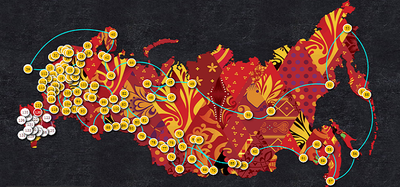
The route of the Olympic torch as it approaches Sochi, Russia, for the 2014 Winter Olympic Games
Political tensions and human rights are in the spotlight as athletes gather in the Black Sea resort town of Sochi, Russia for the 22nd annual Winter Olympics. Get your students caught up on the modern history of the host country so they can better understand the controversies surrounding these games.
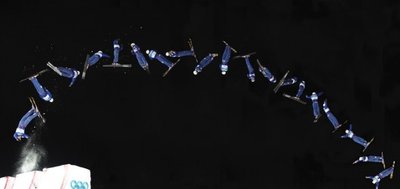 Use this dual science lesson plan to teach the Olympics through the lens of the body (physiology) and the mind (psychology).
Use this dual science lesson plan to teach the Olympics through the lens of the body (physiology) and the mind (psychology).
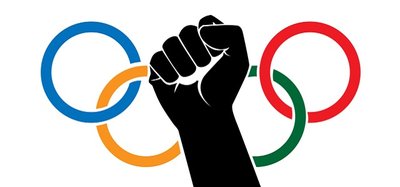 Use this unit plan to teach students about the important role human rights and activism has played in the Olympics. This lesson may be used as a stand alone or as part of a unit on human rights and the Olympics. Created in partnership with
New Global Citizens.
Use this unit plan to teach students about the important role human rights and activism has played in the Olympics. This lesson may be used as a stand alone or as part of a unit on human rights and the Olympics. Created in partnership with
New Global Citizens.
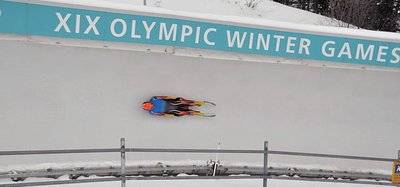 This series of videos from
The National Science Foundation
teaches principals of physics, engineering, science and health through Olympic sports and top athletes.
This series of videos from
The National Science Foundation
teaches principals of physics, engineering, science and health through Olympic sports and top athletes.
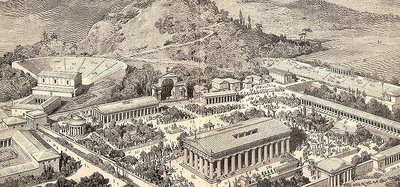 Use these resources from the History Channel to teach the ancient origins of the games and its revival in the modern era.
Use these resources from the History Channel to teach the ancient origins of the games and its revival in the modern era.
1. Russia and the Olympics: a brief background | Article

2. The Olympics: Body and Mind | Lesson Plan

3. The Olympics through the lens of human rights | Unit Plan

4. Science and engineering of the Olympic Winter Games 2014 | Video Resources

5. History of the Olympics | Resource


